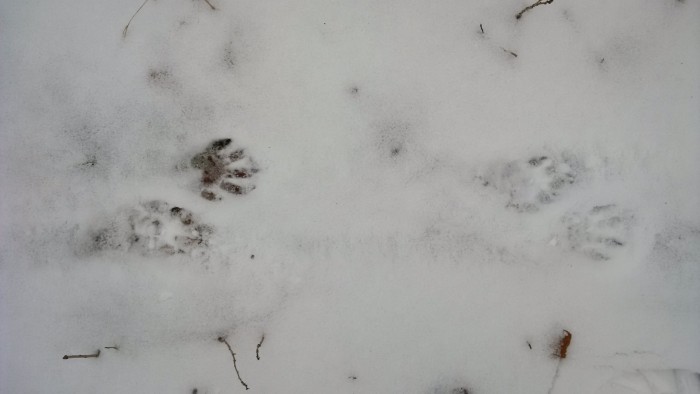Our naturalists don’t hibernate for the winter, and they’ve spotted some pretty neat creature tracks in the snow.
When you’re doing your own snow sleuthing, try these winter tracking tips.
We’re inviting you to test your wildlife identification skills!
So tell us, snow sleuths: who made these tracks?
Okay, #SnowSleuths: time to think outside the box. Which winter critter left this long slide mark?
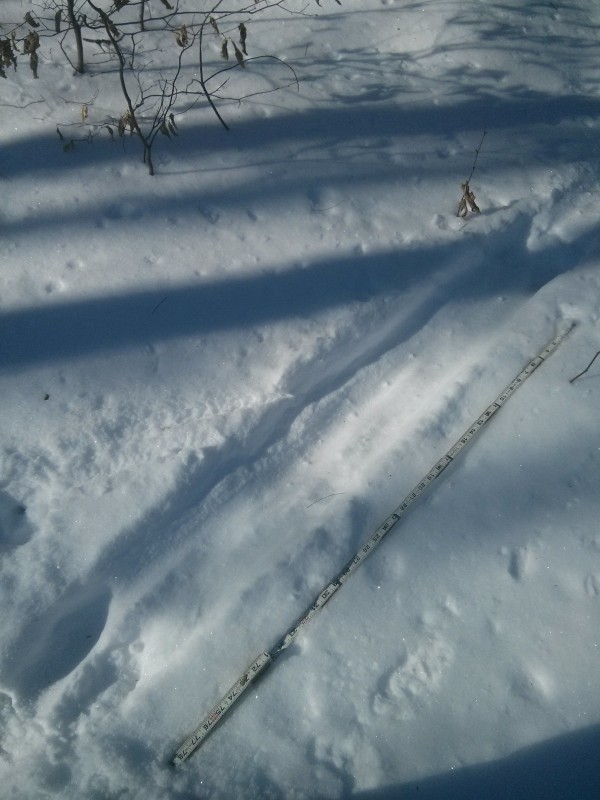
Yes! This is…
…a OTTER‘s belly-slide!
These tracks are a familiar sight for many of our naturalists. Can you ID them?
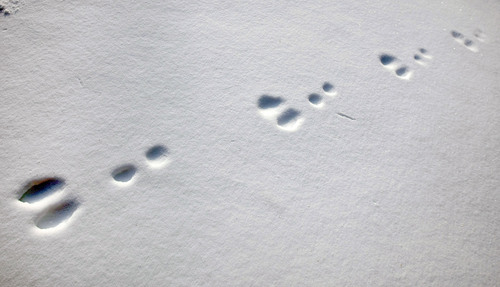
Yes! These are…
…SNOWSHOE HARE prints!
Snowshoe hares are secretive, nocturnal and well camouflaged. Remarkably, their brown summer fur changes white for the winter. It’s tough to spot a white hare against the snow, but their distinctive footprints are a clear giveaway!
How about these tracks from Algonquin Provincial Park?
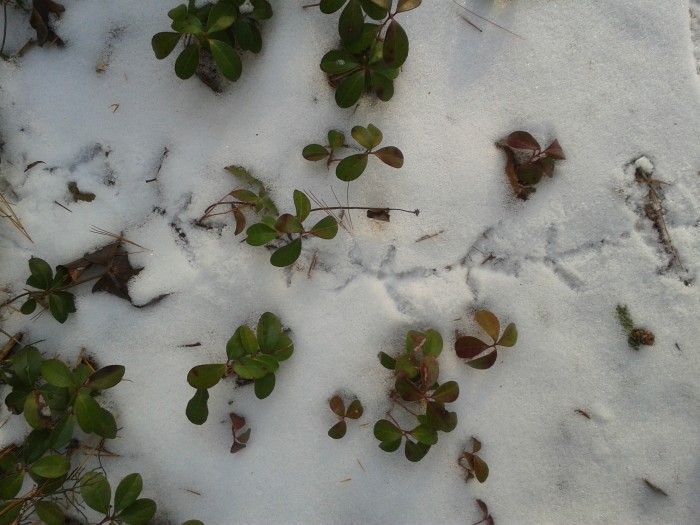
Right you are, sleuths! Those are the tracks of…
…a RUFFED GROUSE!
Spotted at Bronte Creek Provincial Park:
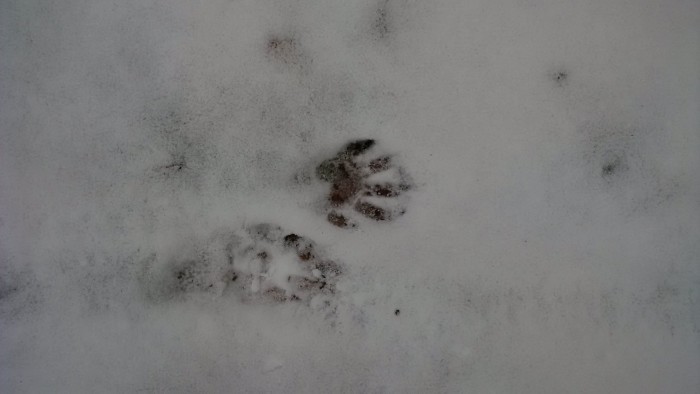
Although they were found close to a known opossum burrow, our naturalists believe these are actually…
RACCOON tracks!
A great tip to ID raccoon tracks? Look for the long fingers on the front paw (not a dog/canid track), a larger/longer hind paw track just behind and offset from the front paw.
Also, raccoons have a unique walking gait when traveling and foraging. This gait results in a pattern where front and hind tracks from opposite sides of the body appear next to each other (as in the first photo).

